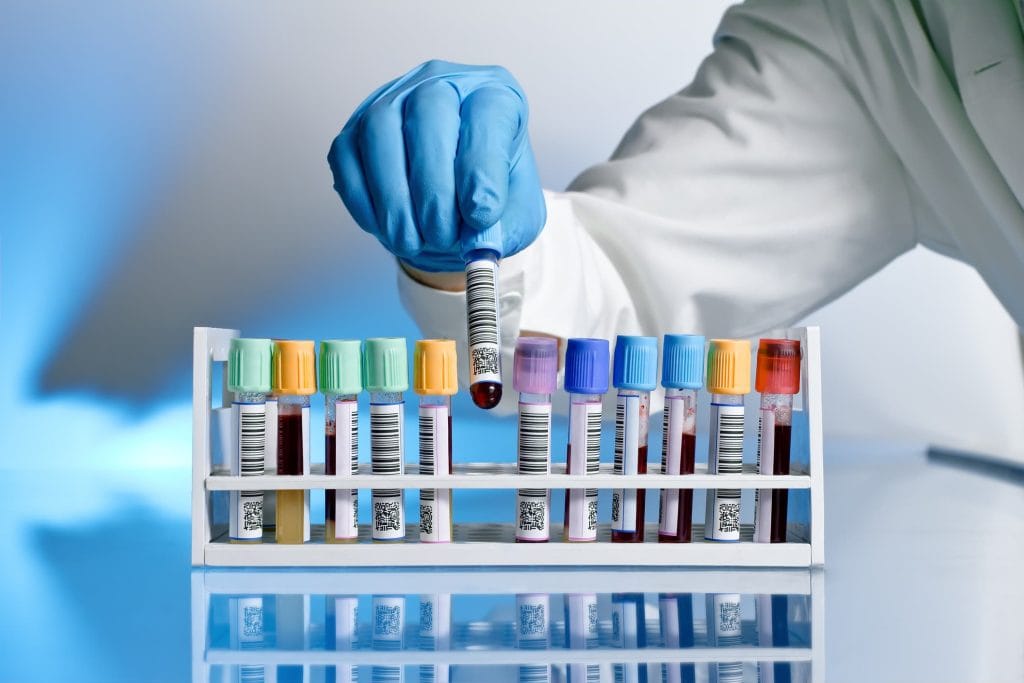Each January, a certain Monday carries a reputation for being the year’s most emotionally difficult day. Known as Blue Monday, it’s often linked with low moods, depleted motivation, and a post-holiday slump. While the idea started as a publicity stunt, it has since become an annual reminder of something real and important: mental health matters – especially when days are short and emotions feel heavy. In 2026, Blue Monday falls on January 19.
What is Blue Monday 2026?
Blue Monday 2026 is observed on the third Monday in January and is often described as the “saddest day of the year.” The label may be more symbolic than scientific, but the feelings it points to are common. After the holidays, many people experience a dip – financially, emotionally, and physically. Cold weather, shorter daylight hours, and pressure to stick to resolutions can all contribute.
Over time, Blue Monday has evolved from a media gimmick into a day for raising awareness about mental health. It’s now used by charities, employers, schools, and communities to promote self-care, reduce stigma, and encourage open conversations around emotional wellbeing.
When is Blue Monday 2026?
Blue Monday is always observed on the third Monday of January. In 2026, that date is January 19. While the “most depressing day” label has no clinical basis, it falls during a time when seasonal factors can significantly affect people’s mood and energy levels. That makes it a useful prompt for checking in – with yourself and others.
Why Blue Monday Matters
Whether or not one day can be objectively “bluer” than another, Blue Monday serves as a cultural nudge to take mental health seriously. Depression, anxiety, and burnout don’t follow the calendar – but the struggles many face during winter are real. For some, it’s seasonal affective disorder (SAD). For others, it’s financial stress, social isolation, or simply the letdown after the holidays.
Blue Monday isn’t about labeling a bad day – it’s about acknowledging that emotional lows deserve attention. It opens the door for meaningful support and reminds us to ask, listen, and act with empathy. That’s something we need far beyond January.
How to Cope with Blue Monday 2026
If you’re feeling low on Blue Monday – or any day – you’re not alone. Here are some small but meaningful ways to support your mental wellbeing:
- Connect with someone: Talk to a friend, family member, or mental health professional. Just sharing how you feel can bring relief.
- Move your body: Gentle exercise, even a short walk, can lift your mood by increasing serotonin and endorphins.
- Limit negative input: Be mindful of your media intake. Take breaks from news cycles or social media if they heighten stress.
- Create structure: Set a small, achievable goal for the day. Completing it can offer a sense of control and progress.
- Be kind to yourself: If motivation is low, don’t force productivity. Rest, nourish your body, and remind yourself this feeling will pass.
More importantly, reach out if you’re struggling. Organizations like Mind, Lifeline, or local crisis helplines are there to support you, not just today, but always.
History of Blue Monday
Blue Monday was first introduced in 2005 as part of a UK travel company’s marketing campaign. A psychologist working with the brand created a pseudo-formula that included weather patterns, debt levels, time since the holidays, and motivation levels. While this “formula” was widely criticized and discredited by scientists, the phrase stuck.
Rather than fade away, Blue Monday took on a new meaning. Mental health advocates began using the day to highlight emotional wellbeing and fight stigma. Over time, it became a moment for reflection, outreach, and community-driven support campaigns.
Noteworthy Facts About Blue Monday
- There is no scientific proof that Blue Monday is the most depressing day – but winter can worsen symptoms of depression, especially in northern climates.
- Seasonal Affective Disorder (SAD) affects around 5% of adults in the U.S. each year, with symptoms most commonly appearing in January and February.
- Many mental health charities now use Blue Monday as a positive opportunity to promote awareness and reduce stigma.
- Workplaces often mark the day with wellness activities, mental health talks, or “dress in blue” campaigns to start conversations.
Hashtags
#BlueMonday, #MentalHealthAwareness, #SelfCareMatters, #YouAreNotAlone, #Wellbeing2026
Links
Related Events
February 1 - February 27
February 1 - February 27
February 17 - February 22
February 17 - March 2







